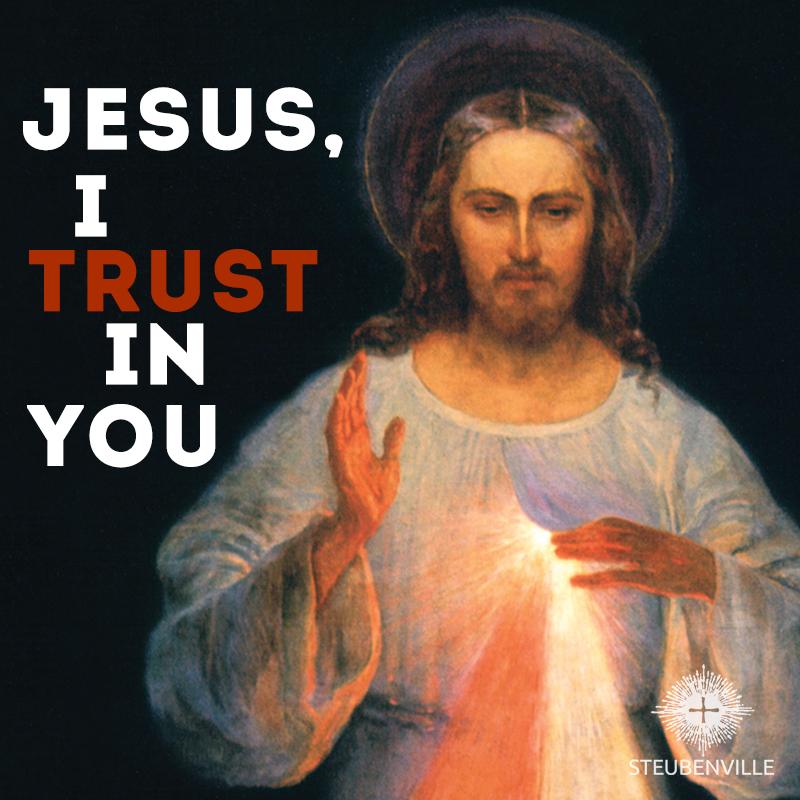You know how Pope Francis keeps repeating himself? How he keeps talking about the mercy of God and pleading with the world to go to our tender, loving Father? On Divine Mercy Sunday at high noon Mass in Washington, D.C., Archbishop Joseph Augustine DiNoia, O.P. ran with this clear theme — so needed by the world — of the early pontificate of Pope Francis, upping the urgency.
His entire homily can be read here. But reading it does not fully capture the passion and love in this Dominican father’s delivery; he is working with his Jesuit brother, both working in Christ, to bring a world of souls to actual encounter and communion with God.
Archbishop DiNoia talked a bit about why the Sacrament of Confession is necessary, why a simple personal reflection with Christ is not enough, talking a bit about Thomas, the apostle, as well:
Now, to be sure, we can turn to God at any moment of our lives to ask for His pardon with the assurance that He will hear us. Still, with respect to His mercy, God has not left the burden solely on us. He has taken the initiative here in a striking manner to give a sacramental form to His mercy, putting it at our disposal in a tangible way. This point is of the greatest importance. As the Holy Father implies, God patiently waits for us in a concrete way in the Sacrament of Penance, a sacrament that might well and truly be called the “Sacrament of Divine Mercy.” In faith, we can affirm with all seriousness that He patiently waits for us in the confessional where we can outwardly express our need for His forgiveness and, what is more, where He can address His words of mercy directly to us through the priest who speaks in the power of His only begotten Son.
…
In what is itself an act of mercy, accommodated to our human nature, God has given a sacramental and thus tangible form to the bestowal of His mercy. Not only can we express our need for divine mercy in private prayer—hoping that it will be heard—but God has instituted a sacramental form through which to impart His mercy so that, by a sacred ritual comprised of words and gestures, we may speak to Him with unqualified assurance and, very importantly, He can speak to us.
In his delivery, there were some ad libs, including when the New York native announced, proclaimed, and pleaded: We can do something! It’s something Sacramental, something so beyond any power of this world. There is Divine Mercy waiting for us. Get thee to a confessional. Early and often.
In a bit of a loving admonishment, Archbishop DiNoia said:
The penitent’s right to this personal encounter with Christ in the Sacrament of Divine Mercy cannot be compromised by reducing the reception of this sacrament to the occasions of communal penance services twice a year at Advent and Lent when there is little time for a proper examination of conscience or for anything more than a hasty confession of a few sins. As Blessed John Paul wrote: “Although participation by the fraternal community of the faithful in the penitential celebration is a great help for the act of personal conversion, nevertheless, in the final analysis, it is necessary that in this act there should be a pronouncement by the individual himself with the whole depth of his conscience and with the whole of his sense of guilt and of trust in God…”(ibid.). The full experience of the divine mercy in its sacramental form demands a discipline of frequent and regular confession in which one can reflect with a recollected heart on one’s failings and the need for true conversion. How can one fully relish the richness of the divine mercy on the run?
Once again, I was reminded of a talk I was present for during the later days of Pope Benedict XVI’s pontificate, where he lovingly admonished the Catholic leaders in front of Him: If you are not encountering Christ daily, you are not being Catholic leaders, you are not equipped for the work of evangelization, you are not who you say you are. The first step in any evangelization effort, in any Christian life, is encountering Christ in prayer and the Sacraments.
There is nothing God won’t forgive us for. Nothing. Don’t let anyone tell us otherwise. Whatever we’ve done, He knows worse.
We all do need some mercy now, but — and don’t ever forget this — God wants to give us some mercy now, if only we would ask. … As Pope Francis put it so aptly, “God’s face is the face of a merciful Father who is always patient…. The problem is that we ourselves tire, we do not want to ask, we grow weary of asking for forgiveness.” God is patiently waiting in the confessional to make us a gift of His mercy. We must not keep Him waiting any longer.
The Sacrament of Divine Mercy—won for us by Christ in the events of the passion, death and resurrection that we have celebrated in this Easter Season—is the concrete expression in space and time of the condescension and forbearance by which God looks with merciful forgiveness on our sins and the sins of the whole world. On this Divine Mercy Sunday, we must resolve to take advantage of this great sacrament, giving thanks “to the Lord for He is good, for His mercy endures forever.” Amen.
May we truly know this, act on this, never forget this.











